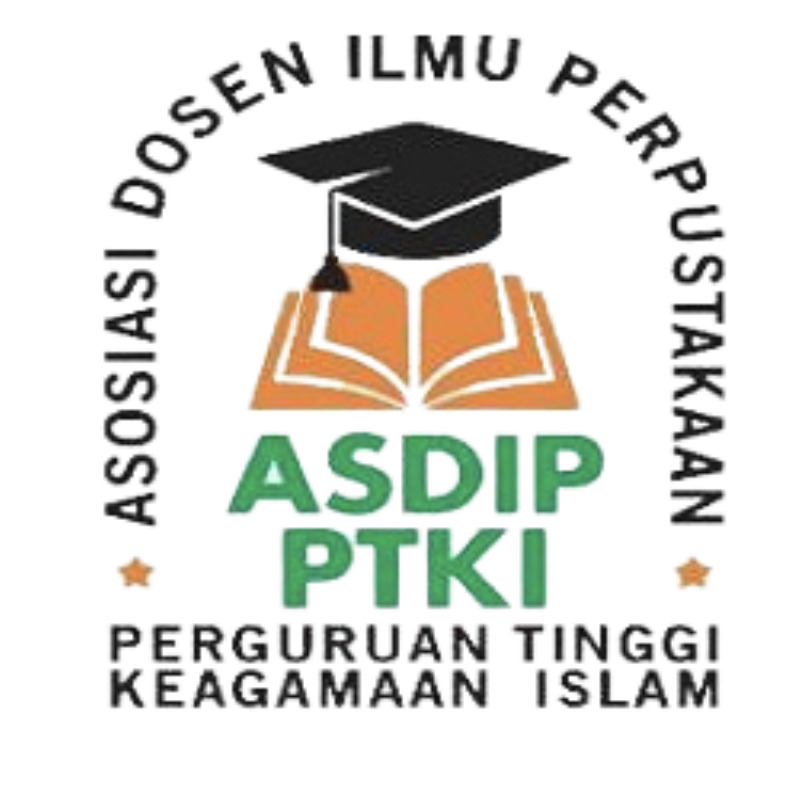Kajian Historikal Terhadap Perkembangan Perpustakaan di Masa Dinasti Abbasyiyah dan Konteksnya di Masa Sekarang
DOI:
https://doi.org/10.29240/tik.v5i2.3099Keywords:
Historical, Libraries, Abbasid Dinasty.Abstract
This study aims to analyze the history of library development during the Abbasid dynasty and today contect. The method used in this research is the literature method using several sources of books and journals regarding the development of libraries during the Abbasid dynasty. The results showed that the Abbasid dynasty was a milestone in the history of library progress. One of them is Bait al-Hikmah. This institution is not only an educational institution, but also a library institution. With a historical review, this paper attempts to analyze how the development of the Bait al Hikma library during the Abbasid dynasty. Baitul Hikmah, which was initiated by the caliph Harun al-Rashid, became the center of all scientific activities. With the establishment of Baitul Hikmah, knowledge transfer activities have become more advanced. The Caliph succeeded in recruiting the best writers, historians and scientists. The rapid development of the Baitul Hikmah institution has encouraged this institution to expand its role, not only as a translator institution, but also to include: 1) a center for scientific documentation and information services for the community; 2) centers and forums for scientific development activities; and 3) the center for planning and development activities for the implementation of education.
Downloads
References
Agus Rifa’i. (2010). Perpustakaan dan Kepustakawanan di Dunia Islam Pada Masa Klasik. Media Pustakawan, 17(1&2), 65–74.
Aminullah, A. N. (2017). Dinasti Bani Abassiyah, Politik, Peradaban Dan Intelektual. Geneologi PAI: Jurnal Pendidikan Agama Islam, 3(2), 13–26. http://jurnal.uinbanten.ac.id/Index.Php/Geneologi/Article/View/233
Fadjar Abdullah. (2006). Khasanah Islam Indonesia. The Habibie Center.
Fuad Riyadi. (2014). Perpustakaan Bayt Al Hikmah, â€The Golden Age Of Islam. Libraria Jurnal Perpustakaan, 2(1), 94–117. https://doi.org/DOI: http://dx.doi.org/10.21043/libraria.v2i1.1192
Hassan, H. I. (2015). Sejarah dan Kebudayaan Islam terj. Islamic History and Culture. UIN Sunan Kalijaga.
Muh. Quraisy Mathar. (2020). Sejarah Perkembangan Perpustakaan pada Masa Dinasti Abbasiyah [Universitas Islam Negeri Alauddin Makassar]. http://repositori.uin-alauddin.ac.id/id/eprint/17336
Muthakin. (2020). Peran Perpustakaan Baitul Hikmah pada Masa Bani Abbasiyah. Tsaqofah Jurnal Agama Dan Budaya, 18(1), 52–64. https://doi.org/doi: http://dx.doi.org/10.32678/tsaqofah.v18i1.3184
Nining Sudiar. (2014). Pengelolaan Perpustakaan Baitul Hikmah. Jurnal Ilmu Budaya, 11(1), 23–31. https://media.neliti.com/media/publications/100422-ID-pengelolaan-perpustakaan-baitul-hikmah.pdf
Rhoni Rodin dan Julita Zara. (2020). Perkembangan Kepustakawanan Islam Klasik Dan Kontribusinya Bagi Perpustakaan Masa Sekarang. Jupiter, XVII(1), 1–9.
https://journal.unhas.ac.id/index.php/jupiter/article/view/11307/5837
Suwito. (2005). Sejarah Sosial Pendidikan Islam. Kencana.
Vita Ery Oktaviyani. (2018). Ilmu Pengetahuan dan Teknologi Dinasti Abbasiyah Periode Pertama. Juspi Jurnal Sejarah Peradaban Islam, 2(2), 183–193. https://doi.org/DOI: http://dx.doi.org/10.30829/j.v2i2.1734.
Downloads
Additional Files
Published
Issue
Section
Citation Check
License
Authors who publish with Tik Ilmeu : Jurnal Ilmu Perpustakaan dan Informasi agree to the following terms:
- Authors retain copyright and grant the journal right of first publication with the work simultaneously licensed under a Creative Commons Attribution-NonCommercial-ShareAlike 4.0 International License (CC BY-NC-SA 4.0) that allows others to share the work with an acknowledgment of the work's authorship and initial publication in this journal.
- Authors are able to enter into separate, additional contractual arrangements for the non-exclusive distribution of the journal's published version of the work (e.g., post it to an institutional repository or publish it in a book), with an acknowledgment of its initial publication in this journal.
- Authors are permitted and encouraged to post their work online (e.g., in institutional repositories or on their website) prior to and during the submission process, as it can lead to productive exchanges, as well as earlier and greater citation of published work (See The Effect of Open Access).







 This work is licensed under a
This work is licensed under a 